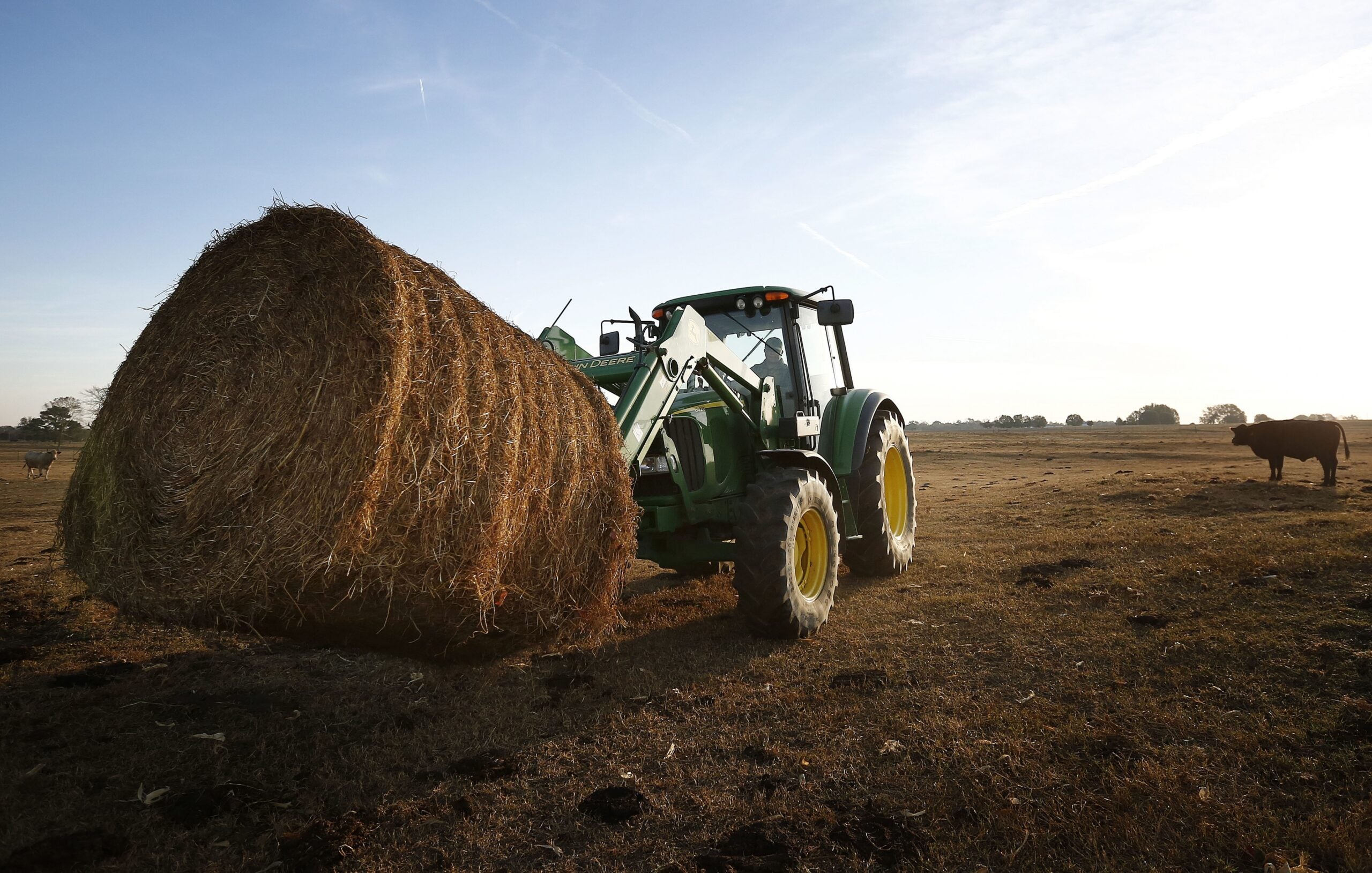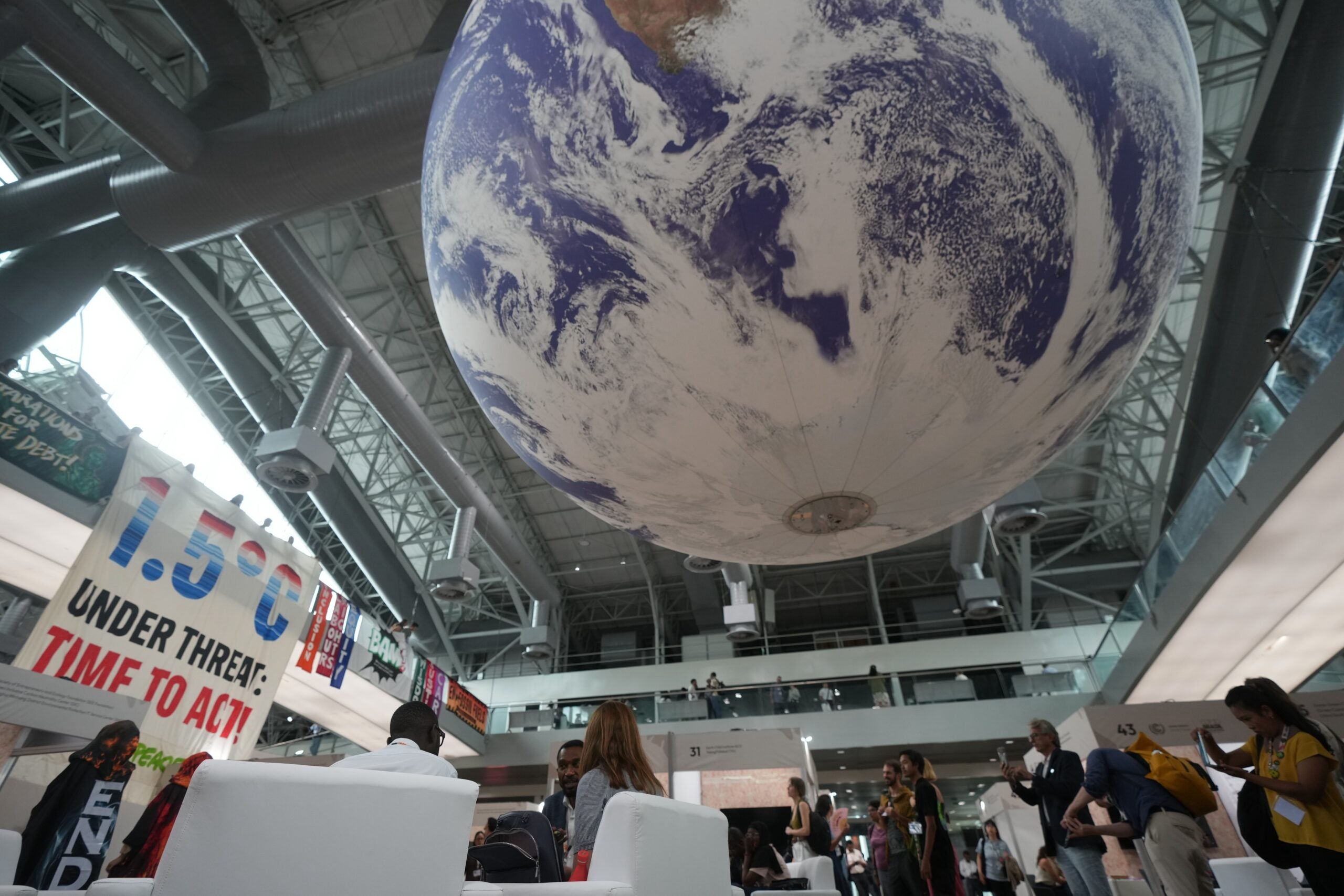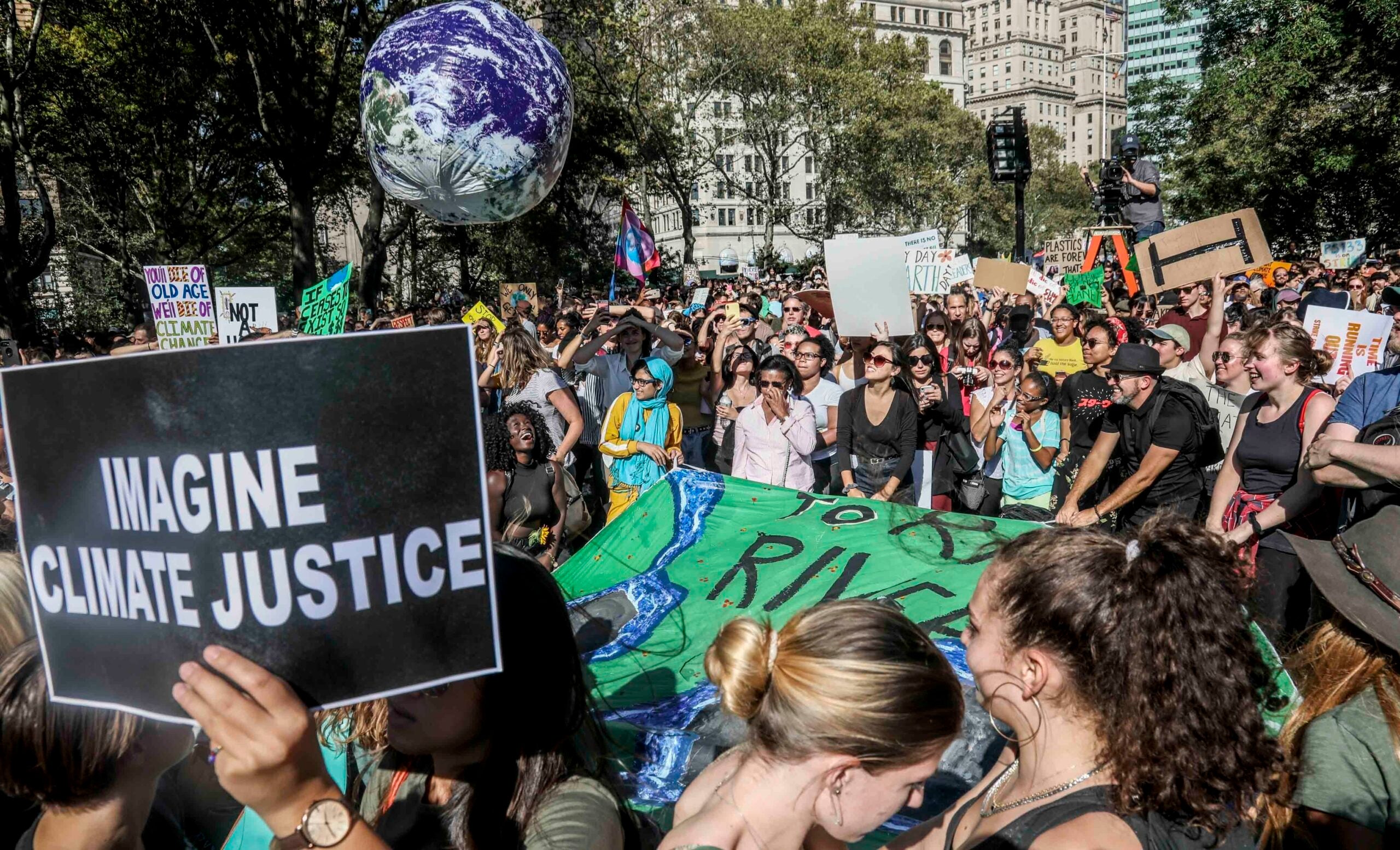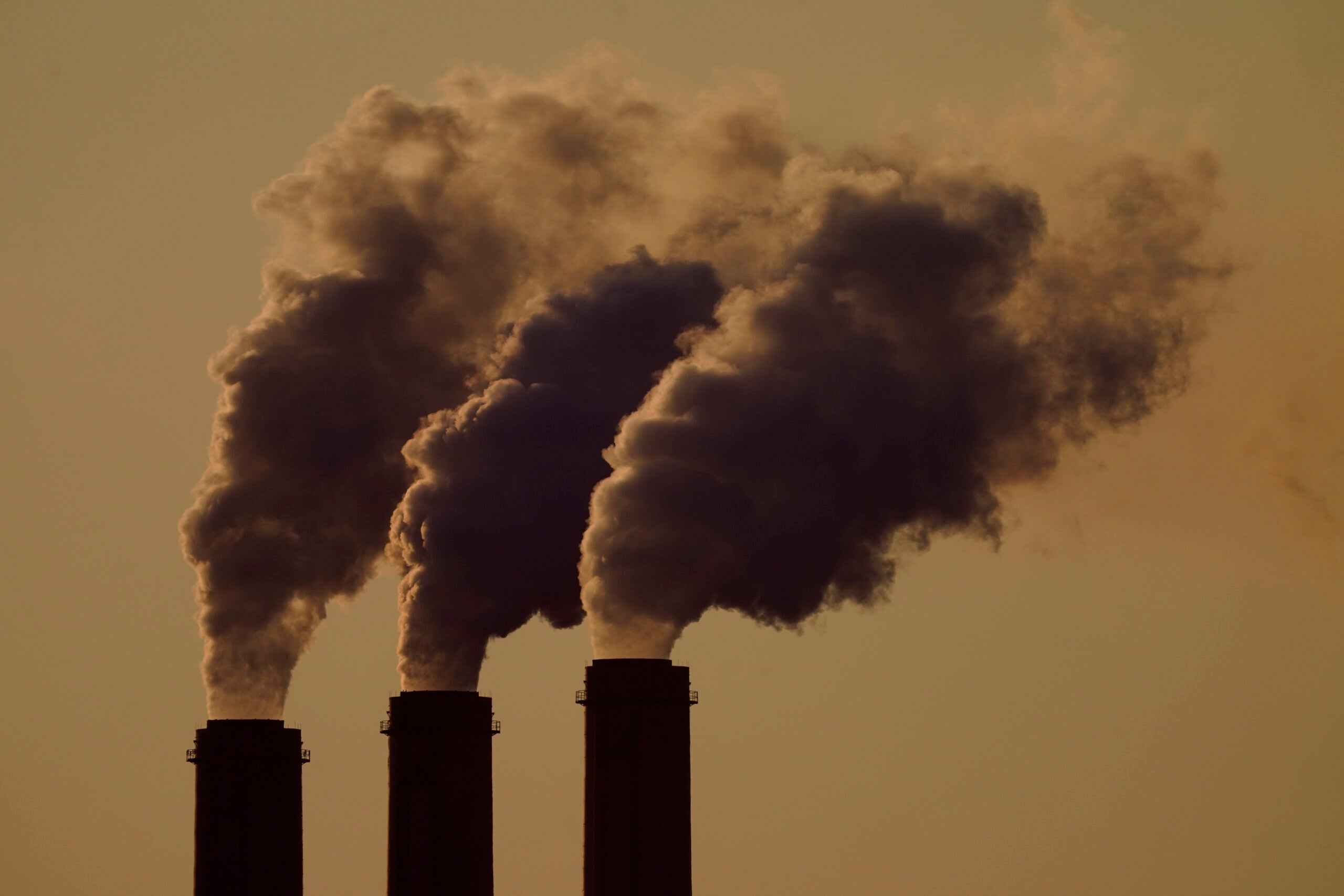The latest report from a United Nations panel on climate change says agriculture must change in order to prevent the worst effects of global warming.
The report addressed changes in greenhouse gas emissions based on changes in land use, as well as proposals to mitigate the effects of climate change.
The Intergovernmental Panel on Climate Change (IPCC) report finds agriculture, forestry and other land use represented 23 percent of all manmade greenhouse gas emissions worldwide from 2007 to 2016, which includes more than 40 percent of methane emissions. Methane absorbs more heat than greenhouse gases like carbon dioxide.
News with a little more humanity
WPR’s “Wisconsin Today” newsletter keeps you connected to the state you love without feeling overwhelmed. No paywall. No agenda. No corporate filter.
As the world’s population grows, there’s increasing demand for food and water that can lead to more clearing of forests for agriculture. As a result, those land management practices are contributing to rising global temperatures that can cause food insecurity and water scarcity.
Researchers find climate change is also speeding up the rate of soil loss and land degradation as the world sees more frequent and intense droughts, flooding and storms. The report found soil is eroding anywhere from 10 to more than 100 times faster than it’s being formed.
The way soil is managed can have a big impact on carbon in the atmosphere, according to Thea Whitman, assistant professor of soil science at the University of Wisconsin-Madison.
“One great way to reduce carbon losses from soils is to reduce the amount we disturb it and that can take many forms,” said Whitman. “It can take the form of reducing or eliminating tillage. It can include keeping the soil covered for more of the year by using cover crops.”
Whitman said Wisconsin farmers have been taking steps to improve soil management. More than 7,900 farms in Wisconsin planted cover crops according to an analysis of the most recent data from the 2017 Census of Agriculture by the Soil Health Institute, which comprised more than 600,000 acres of cover crops. More than 2.2 million acres of cropland or 31 percent were considered no-till acres — an increase of more than 25 percent since 2012.
Matt Ruark, a fellow UW-Madison soil science professor, said Wisconsin’s dairy industry has been examining ways to reduce its carbon footprint. He said research has shown that farmers can improve feed management to reduce emissions, as well as convert methane released from manure to carbon dioxide through using anaerobic digesters.
“When you start adding these things up, we’re seeing meaningful reductions — 30 to 40 percent reductions — in greenhouse gas emissions per gallon of milk produced that could be achieved in the near future,” said Ruark.
He noted that changes can also achieve reductions in nitrogen and phosphorus that can impact water quality and lead to efficiencies in production.
“We can actually reduce greenhouse gas emissions and have an increase in net return in dairy production systems at the same time,” he said.
The UN panel’s report included proposals to increase productivity and sustainable land management, but it also suggested reducing restrictions on trade.
“At a time when in Wisconsin, it’s under such duress because of trade wars, it’s a really great time to talk about how we can move forward in a sustainable way and allow our farmers to make a living, but in a way that protects this Earth,” said U.S. Sen.Tammy Baldwin, who sits on the Senate Democrats’ Climate Crisis Committee.
The panel’s report also zeroed in on reducing the amount of food that’s wasted — around 25 to 30 percent — in addition to shifting away from meat in favor a more plant-based diet.
Darin Von Ruden, president of the Wisconsin Farmers Union, said farmers realize more needs to be done to address climate change. He said many have already adopted technology and practices, such as no till farming and cover crops, to mitigate the impacts of climate change.
Von Ruden agreed there should be more examination of the supply chain.
“We’re currently in an oversupply in a lot of the commodities in this country,” he said. “If we would be consuming 95 percent of our food, that certainly would have an impact on climate change too.”
He also contended the size and concentration of farms should be examined in agriculture’s contribution to climate change. Yet, he wondered whether shifting away from livestock production would reduce greenhouse gas emissions while meeting global food demand.
“I guess the question as a dairy producer and a beef producer, is there enough fruits and vegetables out there to feed the world or not?” he said.
Wisconsin Public Radio, © Copyright 2026, Board of Regents of the University of Wisconsin System and Wisconsin Educational Communications Board.






